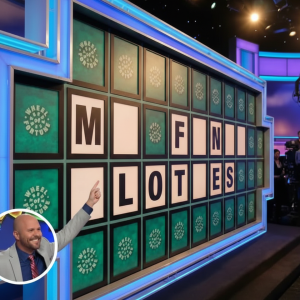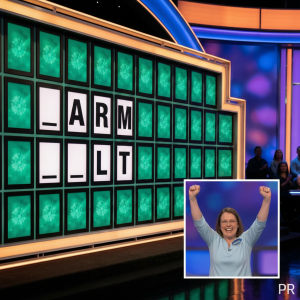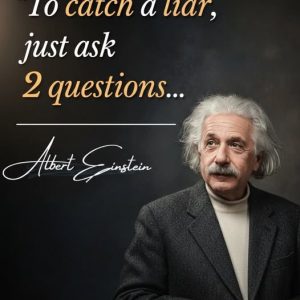The passage reflects on a pivotal moment in an artist’s journey: a deliberate pause made in the face of exhaustion, pressure, and public scrutiny. Rather than viewing the cancellation of a concert as an inconvenience, the narrative reframes it as an act rooted in humanity. After years of performing through immense strain, she finally chose to honor her physical and emotional limits. The significance lies not in disrupted logistics but in the courage to stop, a choice that resists the myth of invincibility that often surrounds public figures. In stepping back, she demonstrates a maturity that transcends commercial success or public expectations. Her brilliance, the passage suggests, does not dim when she rests but becomes clearer when she makes space to recover.
Fans who have watched her evolution recognize that this decision was fueled not by weakness but by wisdom earned through hardship. Her earlier years were marked by relentless touring, constant pressure, and a belief that she had no permission to pause. She pushed herself through illness, heartbreak, and criticism, driven by the assumption that endurance was the only acceptable path. Now, however, she understands that stepping back is a form of strength—one that respects her own well-being as deeply as her commitment to her audience. For longtime supporters, this moment of intentional rest will be remembered with as much reverence as her most iconic performances. It represents a turning point where self-preservation becomes part of her artistry.
As replacement dates are arranged and anticipation begins to rebuild, the canceled show becomes more than a moment of disappointment. It becomes a chapter in a larger narrative about growth, accountability, and the complexities of living a public life. Her response—honest, thoughtful, and devoid of excuses—reinforces her integrity. She emphasized the importance of protecting not only herself but the entire team responsible for bringing her performances to life. She reassured fans that the pause was temporary and rooted in a desire to return when she could perform at the caliber they deserved. This transparency strengthens the relationship between artist and audience, reminding fans that they are not simply consumers but a community that she genuinely values.
Her eventual return to the Chicago stage will therefore carry emotional weight far beyond the music itself. The applause will symbolize not just excitement for the show, but admiration for the courage embedded in her decision to rest. It will honor the honesty she modeled, the transparency she offered, and the refusal to sacrifice her well-being for the sake of perceived dedication. In an industry that often glorifies burnout and relentless labor, her choice becomes an act of resistance. The performance that follows—emerging from a period of healing rather than depletion—will feel richer, more grounded, and more meaningful because it was earned through rest rather than pushed through pain.
The passage also suggests that this pause may shape the trajectory of her career moving forward. Learning to recognize her limits could open the door to a healthier pace, firmer boundaries, and a long-term approach to sustainability rather than nonstop output. Such a shift has the potential to deepen not only her artistry but her longevity. In choosing rest over collapse, she models a powerful truth: that even those perceived as unstoppable need space to breathe. Her fans may see this as permission to honor their own limits, transforming her personal decision into a broader reflection on resilience and self-care.
Ultimately, the canceled concert becomes symbolic of something far more important than a missed night of music. It becomes a testament to growth, strength, and the value of stepping back when necessary. The story affirms that pausing is not an admission of defeat but an act of preparation—a way to protect the moments that matter most and preserve the brilliance that defines her craft. In a culture that often rewards self-sacrifice at any cost, her decision stands out as a reminder that true endurance comes not from pushing endlessly forward, but from knowing when to stop, regroup, and return stronger than before.





